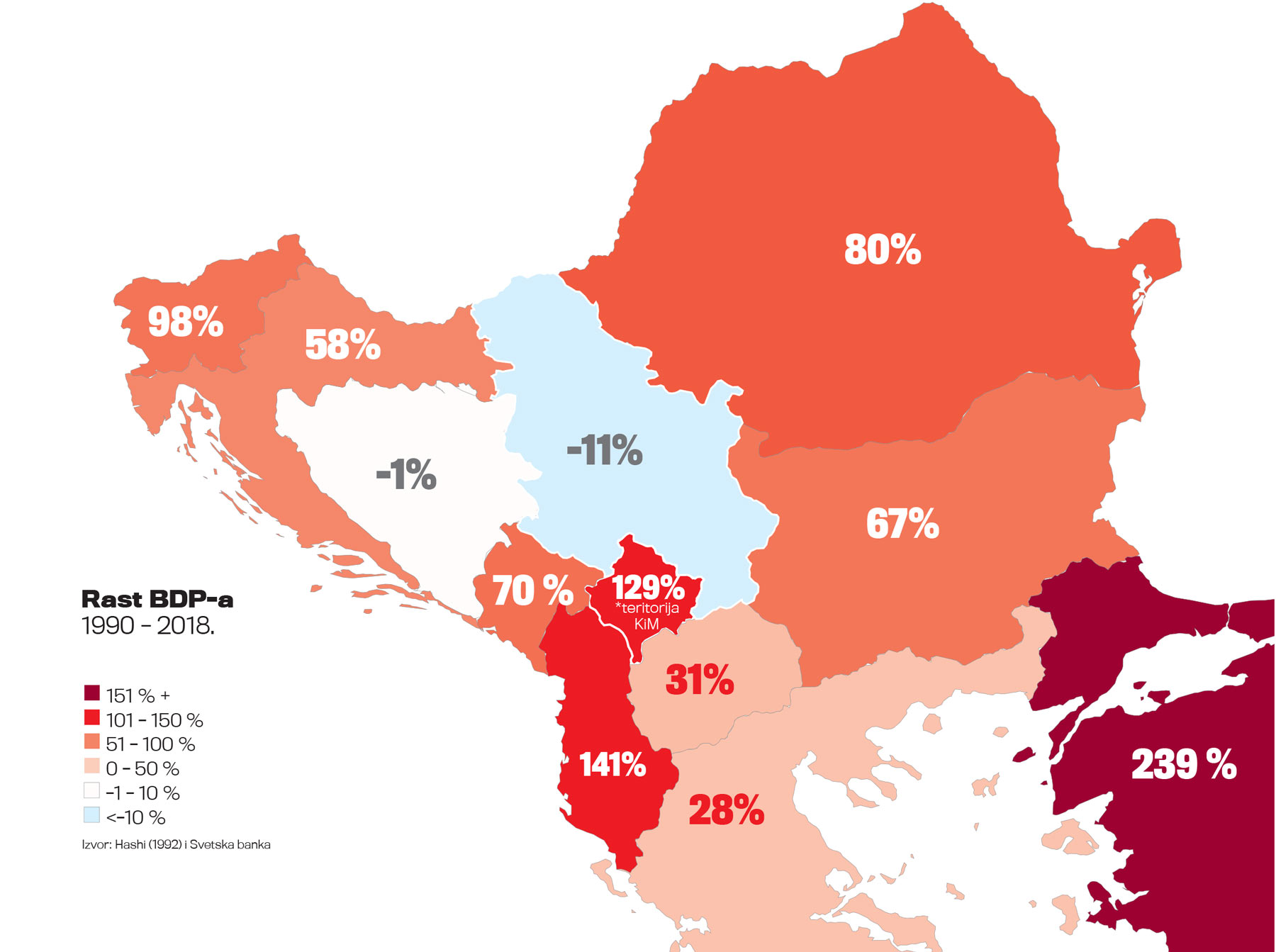https://web.stanford.edu/~jhain/Paper/PA2009.pdf
...
In this paper, we have taken advantage of a natural experiment in East Germany to test the
commonly held view that foreign mass media undermine the stability of authoritarian
regimes. We have found that exposure to West German television increased support for
the communist regime among East German teenagers and young adults. Our analysis suggests that the best explanation for this counterintuitive finding is escapism: West German
television, and especially its entertainment programming, allowed East Germans to vicariously escape life under communism at least for a couple of hours each night, making their
lives more bearable and the East German regime more tolerable. West German television
also broadcast high-quality hard news programs, some of which offered in-depth coverage
of politics in East Germany. There is no doubt that this political content could have undermined public support for the East German regime. What we have found, however, is that
West German television exposure resulted in a net increase in regime support.
Behavioral data on exit visa applications and archival material on the reaction of the East
German leadership to the availability of West German television corroborate our results.
We have found that in the Dresden district, where levels of access to over-the-air West
German television broadcasts varied from county to county, exit visa application rates were
systematically higher in counties without West German television. And the archival evidence clearly shows that by the late 1980s, East German authorities had come to realize that
West German television was contributing to the stability of the regime, not undermining it.
In an ironic twist for Marxism, capitalist television seems to have performed the same narcotizing function in communist East Germany that Karl Marx had attributed to religious
beliefs in capitalist societies when he condemned religion as ‘‘opium of the people.’’
Our survey only includes teenagers and young adults, which raises questions about
the generalizability of our findings to other strata of the East German population. The fact
that the behavioral and archival evidence agrees with our survey data results suggests that
our inferences are not necessarily limited in their generalizability. But given the lack of
public opinion data representative of East Germany as a whole, we cannot prove that West
German television exposure had the same effect on other strata of the East German
population.
We are the first to admit that our results do not provide a comprehensive explanation for
why some authoritarian regimes are able to stay in power while others are replaced by
democratic governments. The study of individuals’ political preferences, including how
they are shaped by exposure to foreign mass media, is only one step toward a better
understanding of authoritarian stability and decline (Welzel 2006; Welzel and Inglehart
2008). Work complementary to ours has analyzed the conditions under which individuals’
political preferences lead to collective revolutionary action (Granovetter 1978;
Bikhchandani, Hirshleifer, and Welch 1988; Kuran 1991; Lohmann 1994) and how the
international opportunity structure affects the emergence and success of popular movements against authoritarian rule (Pridham 1991, 1997; Whitehead 1996; Linz and Stepan
1996). Even though our results are context specific (East Germany in the middle to late
1980s) and limited to the impact of one specific foreign media source, we believe they
usefully complement the existing literatures on transitions to democracy and political
legitimacy in authoritarian regimes.
We believe our results also have relevance for contemporary U.S. international broadcasting efforts. After the attacks of September 11, Congress substantially increased funding
for public diplomacy activities, which had been significantly reduced after the end of the
Cold War (Nye 2004, 2008). In 2008 alone, the United States has spent almost $700 million
on radio and television broadcasts to the Middle East (Radio Sawa and Alhurra TV),
Eastern Europe (Radio Free Europe/Radio Liberty), Asia (Radio Free Asia), Cuba
(Radio/TV Martı´), and the Voice of America. As during the Cold War, the goal of contemporary U.S. international broadcasting is to win the hearts and minds of foreign audiences,
to increase understanding of and support for U.S. foreign policies, and to shift public opinion in non-democratic regimes in a more pro-democratic direction. But if history is any
guide, foreign audiences might be more interested in the entertainment value of U.S. broadcasts than their political content.
Finally, our results also offer a caveat to optimistic predictions about the democratizing
force of modern information technologies such as the Internet. Authoritarian regimes seem
to be well aware of the fact that modern information technology not only breaks down
national barriers to the transmission of information but also provides entertainment. China,
for instance, successfully pursues a strategy of access and control, embracing the economic
and entertainment uses of the internet to promote development and sustain public support
while strictly controlling political content (Kalathil and Boas 2003; Shirk 2007).


 by Bluberi Sat Nov 09, 2019 2:43 am
by Bluberi Sat Nov 09, 2019 2:43 am

